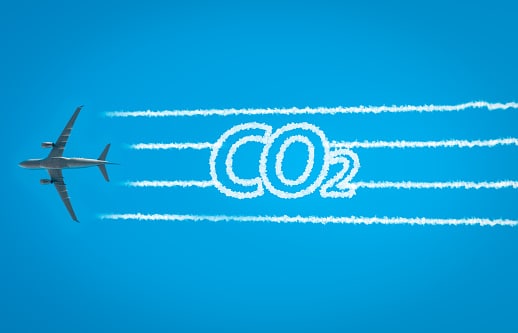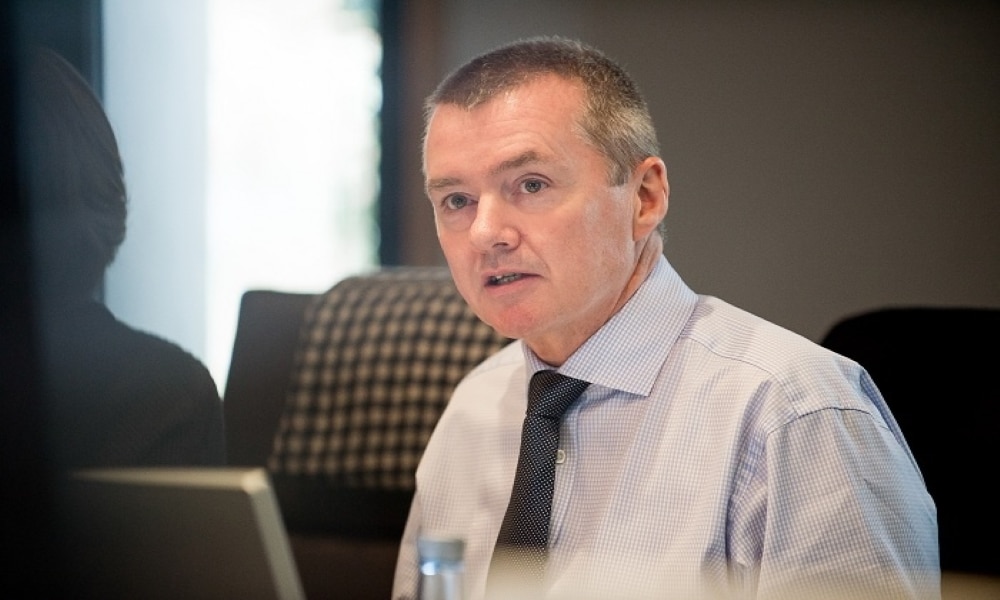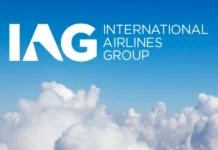
More and more airlines are tackling their harmful emissions levels by signing deals for the provision of sustainable aviation fuel (SAF), but there are concerns over the strength of the supply chain.
Aviation industry group the International Air Transport Association (IATA) has flagged supply concerns and has called for more incentives to enable airlines to reach their 2050 net zero emissions target.
“There was at least triple the amount of SAF in the market in 2022 than in 2021. And airlines used every drop, even at very high prices! If more was available, it would have been purchased. That makes it clear that it is a supply issue and that market forces alone are insufficient to solve it. Governments, who now share the same 2050 net zero goal, need to put in place comprehensive production incentives for SAF. It is what they did to successfully transition economies to renewable sources of electricity. And it is what aviation needs to decarbonise,” said Willie Walsh, IATA’s Director General.

IATA is reporting a surge in SAF production. It estimates production will reach at least 300 million litres this year – 200% up on last year’s levels.
More optimistic calculations estimate total production in 2022 could reach 450 million litres. Both scenarios position the SAF industry on the verge of an exponential capacity and production ramp-up toward an identified tipping point of 30 billion litres by 2030, with the right supporting policies.
IATA said airlines are committed to achieve net zero CO2 emissions by 2050 and see SAF as a key contributor. Current estimates expect SAF to account for 65% of the mitigation needed for this, requiring a production capacity of 450 billion litres annually in 2050.
Many airlines have announced SAF provision deals in recent times – including Ryanair, Aer Lingus and Wizz Air.
Virgin Atlantic has just signed a new SAF supply deal also. Renewable biofuels company Gevo will supply the fuel and it will be supplied by Delta Air Lines, a joint-venture partner of Virgin Atlantic.
The deal will equate to Virgin fuelling more than 500 transatlantic flights from Los Angeles with SAF and it will cover 20% of its 2030 green fuel target.
“The demand from airlines is clear and Virgin Atlantic is committed to supporting the scale up of SAF production,” Virgin Atlantic’s Holly Boyd Boland said.




